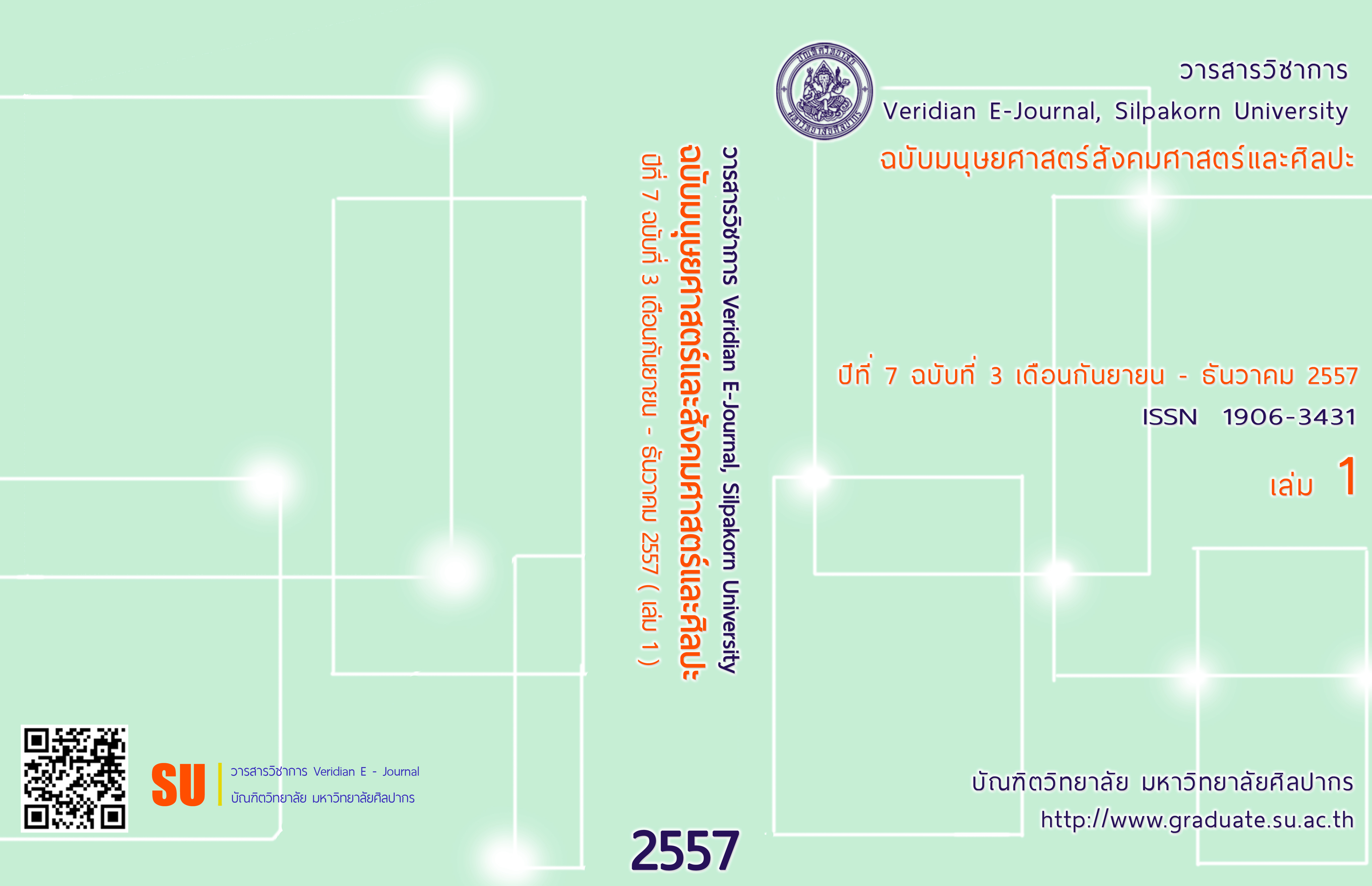ปัจจัยการบริหารที่ส่งผลต่อประสิทธิผลการดำเนินการป้องกันแก้ไขสารเสพติด ของโรงเรียนต้นแบบระบบมาตรฐานการต้านยาเสพติดในเขตจังหวัดประจวบคีรีขันธ์และจังหวัดกาญจนบุรี
Main Article Content
Abstract
บทคัดย่อ
การวิจัยครั้งนี้มีวัตถุประสงค์เพื่อศึกษา 1) ระดับปัจจัยการบริหารการดำเนินการป้องกันแก้ไขสารเสพติด 2) ระดับประสิทธิผลการดำเนินการป้องกันแก้ไขสารเสพติดของโรงเรียนต้นแบบระบบมาตรฐานการต้านยาเสพติด และ 3) ปัจจัยการบริหารที่ส่งผลต่อประสิทธิผลการดำเนินการป้องกันแก้ไขสารเสพติดของโรงเรียนต้นแบบระบบมาตรฐานการต้านยาเสพติด ประชากรที่ใช้ ได้แก่ ผู้บริหารสถานศึกษาจำนวน 17 คน ครูแกนนำ 345 คน รวม 362 คน ที่ปฏิบัติงานในโรงเรียนต้นแบบระบบมาตรฐานการต้านยาเสพติดในจังหวัดประจวบคีรีขันธ์ และจังหวัดกาญจนบุรี เครื่องมือที่ใช้ในการเก็บรวบรวมข้อมูลเป็นแบบสอบถามประมาณค่า 5 ระดับ มีค่าความเชื่อมั่นของแบบสอบถามทั้งฉบับเท่ากับ 0.957 สถิติที่ใช้ในการวิเคราะห์ข้อมูล ได้แก่ ความถี่ ร้อยละ ค่าเฉลี่ย ส่วนเบี่ยงเบนมาตรฐาน และการวิเคราะห์การถดถอยพหุคูณแบบขั้นตอน
ผลการวิจัยพบว่า
1. ปัจจัยการบริหารการดำเนินการป้องกันแก้ไขสารเสพติด โดยรวมอยู่ในระดับมาก เรียงลำดับค่าเฉลี่ยจากมากไปหาน้อย ได้แก่ ด้านระบบบริหารงานมาตรฐานการต้านยาเสพติด และด้านนำนโยบายสู่การปฏิบัติ ตามลำดับ
2. ประสิทธิผลการดำเนินการป้องกันแก้ไขสารเสพติดของโรงเรียนต้นแบบระบบมาตรฐานการต้านยาเสพติด โดยรวมอยู่ในระดับมาก เรียงลำดับค่าเฉลี่ยจากมากไปหาน้อย ได้แก่ ด้านนักเรียน และด้านนักเรียนแกนนำ ตามลำดับ
3. ปัจจัยการบริหารที่ส่งผลต่อประสิทธิผลการดำเนินการป้องกันแก้ไขสารเสพติดของโรงเรียนต้นแบบระบบมาตรฐานการต้านยาเสพติดในจังหวัดประจวบคีรีขันธ์และจังหวัดกาญจนบุรี พบว่า ด้านระบบบริหารงานมาตรฐานการต้านยาเสพติด (X2) (B = 1.087) และด้านนำนโยบายสู่การปฏิบัติ (X1) (B = 0.287) ส่งผลต่อประสิทธิผลการดำเนินการป้องกันแก้ไขสารเสพติดของโรงเรียนต้นแบบระบบมาตรฐานการต้านยาเสพติด ซึ่งสามารถเขียนเป็นสมการการถดถอยในรูปคะแนนมาตรฐานดังนี้ tot = 0.693 (X2) + 0.244 (X1)
Abstract
The purposes of this research were to study : 1) the level of management factors that the implementation of substance abuse prevention, 2) the level of the effective implementation of substance abuse prevention of the Model Schools for Anti-Drug Standards, and 3) the management factors that affecting the effective implementation of substance abuse prevention of the Model Schools for Anti-Drug Standards. The population were 17 school administrators, including 345 mainstay teachers in total of 362 people working on the project of the Model Schools for Anti-Drug Standards of the Red Cross Society, The Thai Red Cross in Prachuap Khiri Khan, and Kanchanaburi Provinces. The instrument was a Rating Scale questionnaire, when the reliability was 0.957. The statistics used in data analysis were frequency, percentage, mean, standard deviation, and stepwise regression analysis.
The research finding was as follows:
1. The management factors that the implementation of substance abuse prevention was overall at a high level ranging from the higher mean scores as the aspect of the administrators’ management factors in the management system according the standard of anti-drug and the policy into practice, respectively.
2. The eeffective of substance abuse prevention of the Model Schools for Anti-Drug Standards was overall at a high level ranging from the higher mean scores as the aspect of students and vocal students, respectively.
3. Management factors that affecting effective implementation of substance abuse prevention of the Model Schools for Anti-Drug Standards in Prachuap Khiri Khan, and Kanchanaburi Provinces was found that the administrators’ management factors in the management system according the standard of anti-drug (X2) (B = 1.087) and the policy into practice (X1) (B = 0.287) affecting the effective implementation of substance abuse prevention of the Model Schools for Anti-Drug Standards which could be written as the regression equation in standard score as tot = 0.693 (X2) + 0.244 (X1)

